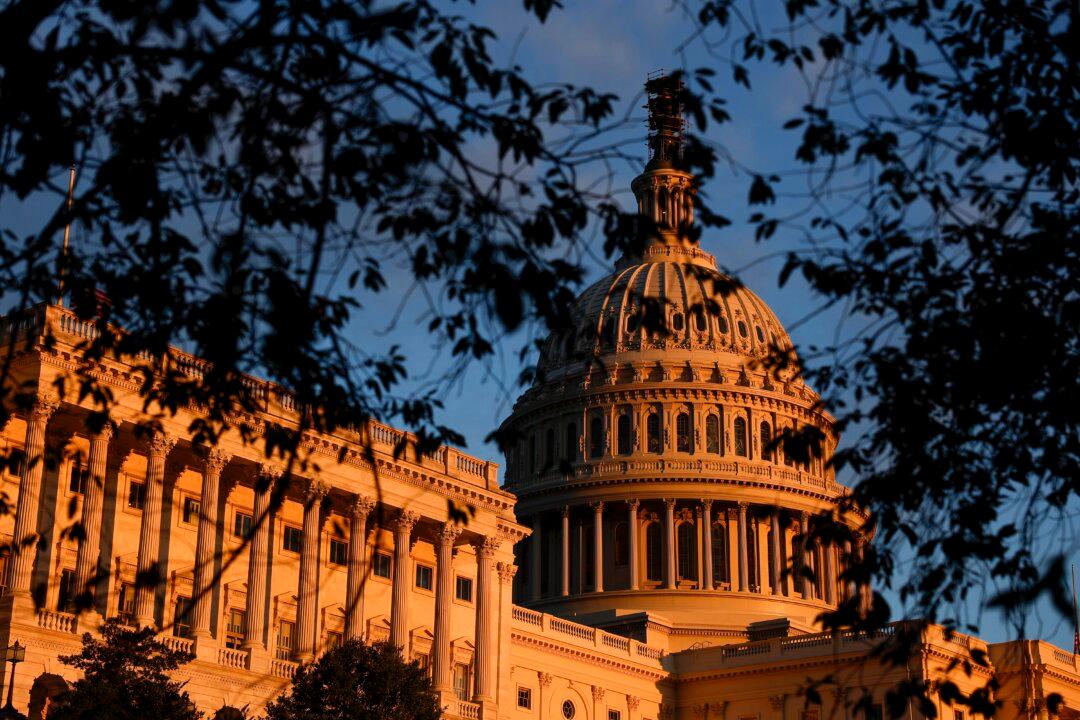The Senate ratified a 45-day continuing resolution passed earlier today by the House, which President Joe Biden signed late Saturday night, thus averting a government shutdown that would otherwise have occurred at midnight.
The 88-9 vote included broad bipartisan support, although the final bill did not include the additional $6.15 billion in aid for Ukraine that many senators had pressed for.





